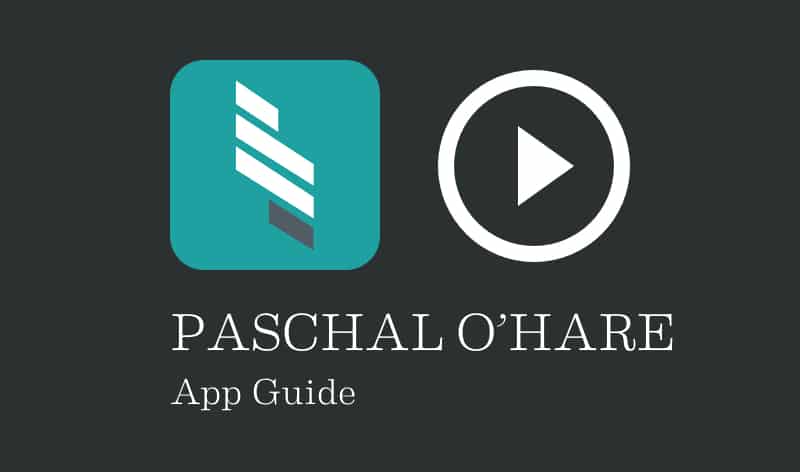The Green Book, officially known as the Guidelines for the Assessment of General Damages in Personal Injury Cases in Northern Ireland, has undergone significant updates with its 6th edition, published in April 2024. These guidelines are a cornerstone for personal injury practitioners in Northern Ireland, offering essential benchmarks for assessing compensation across various injury categories.
Comparing the Fifth and Sixth Editions
The 6th edition builds upon the foundations laid by its predecessor, the 5th edition released in 2019, by addressing changes in the economic landscape and incorporating recent legal developments. The previous edition provided a solid framework, but the new guidelines aim to offer greater precision and fairness in assessing personal injury claims.
The changes in the sixth edition are particularly significant in areas like psychiatric injuries, soft tissue injuries, and large loss cases, where compensation adjustments reflect both inflation and an evolving understanding of the impact of these injuries on victims’ lives.
5 Key Changes in the Sixth Edition
- Inflation Adjustments: Given the significant rise in inflation in recent years, the 6th edition reflects increased compensation across most injury categories. This adjustment ensures that awards remain fair and relevant to the current economic climate, with some categories seeing significant increases.
- Clarified Guidelines for Soft Tissue Injuries: The new edition offers more detailed guidance on soft tissue injuries, particularly those affecting the neck, shoulders and upper back. Compensation for minor neck injuries has seen substantial increases depending on recovery time.
- New Approach to Hearing Loss and Tinnitus: The 6th edition of the Northern Ireland Green Book now separates hearing loss and tinnitus into distinct categories, recognising that they can occur independently and impact individuals differently. This allows for more tailored compensation awards. Additionally, the compensation brackets for severe cases of both conditions have been increased, reflecting a better understanding of their long-term effects on daily life.
- Gender Neutrality in Compensation: The new guidelines “removed the distinction in the level of damages based on gender as the injuries described are equally applicable to both male and female.” This change promotes a fairer, more equitable approach to compensation.
- Increased Compensation for Severe Injuries: For catastrophic injuries, such as paralysis and severe brain damage, the new edition increases the recommended compensation brackets. This reflects the need to provide adequate compensation for life-altering injuries
Practical Implications for Personal Injury Claims
These updates will significantly influence personal injury claims in Northern Ireland, potentially leading to more cases being heard in the High Court due to higher compensation levels. Claimants must be aware of these changes to ensure that claims are assessed accurately and fairly.
If you’ve been injured and are considering making a claim, it’s important to consult with an experienced personal injury solicitor who is well-versed in the latest edition of the Green Book. They can help you understand your rights and get the fair compensation you deserve.
For more detailed advice tailored to your specific situation, reach out to the experts at Paschal O’Hare Personal Injury Solicitors. Our team has been helping people with complex personal injury claims for over 55 years and we’re confident we can help you as well. Trust our firm to make sure you receive the compensation you deserve.













